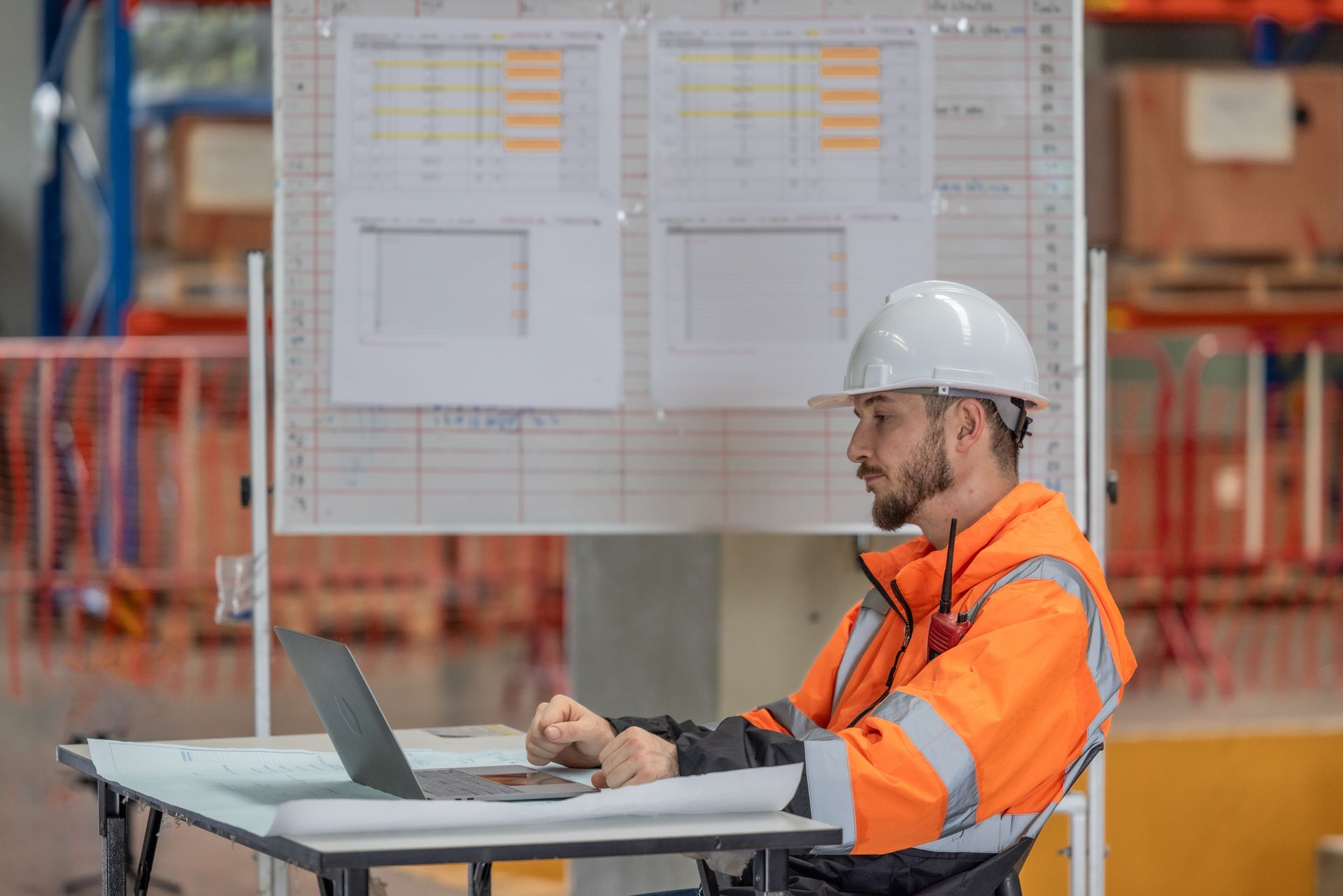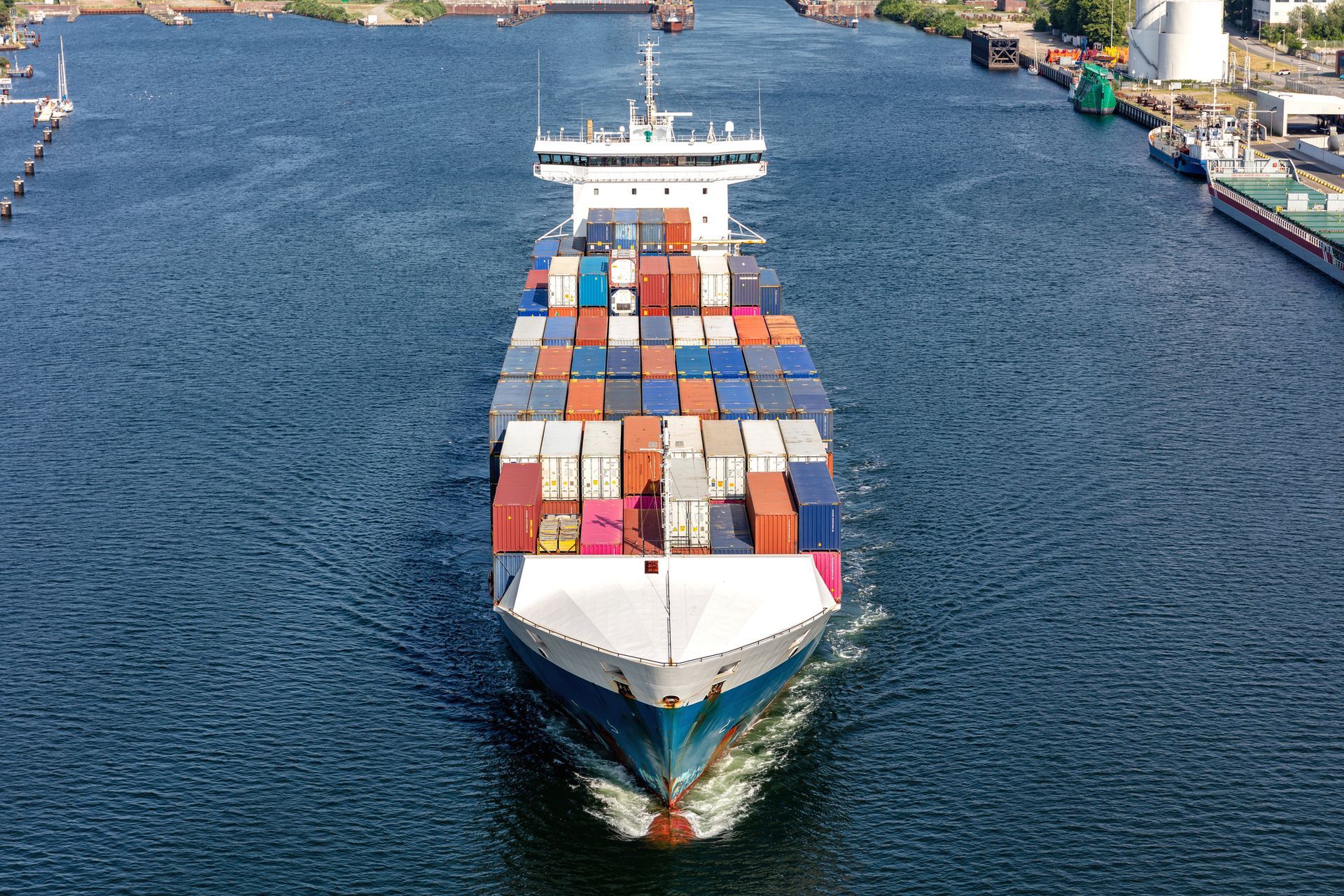
Sustainability is increasingly relevant across industries, and maritime transport is no exception. This sector, crucial to global trade, faces significant challenges in reducing its environmental impact.
With a substantial reliance on fossil fuels, maritime transport contributes significantly to greenhouse gas (GHG) emissions. However, initiatives like carbon offsetting and sustainable programs are becoming more important to mitigate these impacts.
This article explores the main sustainability challenges in maritime transport and the available solutions, focusing on carbon offsetting and Allink's innovative Green Route.
Sustainability Challenges in Maritime Transport
The greatest sustainability challenge in maritime transport lies not only in technological innovations or international regulations. It also centers around the mindset of companies and individuals who still view sustainable practices as an extra cost rather than an urgent necessity.
This sector, historically dependent on fossil fuels, requires a profound transformation, beyond new fuels and technologies. It’s a shift in perspective: understanding that sustainability is not an option but a responsibility.
The climate crisis directly affects millions worldwide, with extreme weather events like intense heat waves, destructive storms, and rising sea levels. These impacts clearly show that environmental actions can no longer be treated as secondary. Maritime transport, responsible for a significant portion of global GHG emissions, plays a crucial role in this transformation.
However, many in the sector still see sustainable initiatives as a “financial burden.” Implementing new technologies or cleaner fuels often requires substantial investment, and the return may not be immediate.
This short-term view, focused solely on costs, overlooks the broader picture: the devastating consequences of climate change on the very viability of maritime operations and life on the planet.
The real obstacle, however, is not a lack of resources but a lack of awareness. Until this mindset changes, progress will be slow.
It is essential that companies, along with consumers, understand that today’s costs are investments for the future, for both business continuity and planet preservation.
Maritime transport is not isolated from environmental events; it is part of a global ecosystem where actions in every sector impact everyone’s lives.
Change must begin with collective awareness, recognizing that every effort counts. Sustainability in maritime transport should not be seen as a marketing option but as a moral imperative. Only then can we face the climate challenges that worsen each year, with global temperatures rising and the environment sending clear signals that action is needed now, before it’s too late.
Sustainable Maritime Transport Solutions
To tackle these challenges, the sector is adopting various innovations. The use of alternative fuels like biofuels and hydrogen and the development of fully electric ships are some of the most promising solutions.
These technologies can significantly reduce GHG emissions while promoting greater energy efficiency in operations. Other notable solutions include:
- Electric Ships and Alternative Fuels: A growing trend is the development of ships powered by high-capacity batteries or hydrogen fuel cells, which operate without emitting pollutants. Solar and wind energy technologies are also being implemented to reduce fossil fuel consumption.
- Sustainable Biofuels: Additionally, biofuels emerge as a viable alternative for partial or full replacement of fossil fuels, contributing to carbon emissions reduction. These fuels are produced from renewable sources like vegetable oils and organic waste.
- Carbon Offsetting: Carbon offsetting involves neutralizing GHG emissions by financing projects that sequester or prevent carbon from being emitted into the atmosphere. These projects may include tree planting or developing technologies that reduce emissions in other industries.
The concept is simple: for every ton of CO2 emitted, a company can purchase carbon credits that finance sustainability projects, such as those certified by the UN. These credits not only help offset unavoidable emissions but also encourage more sustainable practices across the sector.
Green Route: Allink's Contribution in the LCL Mode
One of the most innovative and effective initiatives in promoting sustainability in LCL maritime transport is the Green Route, developed by Allink. This project aims to offset carbon emissions generated by the international transport of LCL (Less than Container Load) cargo, with no additional cost to customers.
The Green Route is a practical example of how the industry can integrate sustainability into its daily operations, promoting cleaner, more efficient transportation.
With each cycle, Allink selects a specific LCL route to become the “Green Route,” where all transported cargo has its carbon emissions offset. This offset is achieved through purchasing carbon credits that fund environmental impact reduction projects, like forest conservation or renewable energy initiatives.
Transparency and certification are key to this project; Allink issues certificates to verify carbon offsetting and provides annual reports detailing companies’ participation.
The Green Route is more than just a compensation measure; it is a strategic approach to reducing the environmental impact of maritime transport and promoting sustainable practices across the logistics chain. By choosing to participate in this program, companies not only contribute to environmental preservation but also strengthen their corporate social responsibility, demonstrating a real commitment to sustainability.
Conclusion
Sustainability in maritime transport is a complex challenge, but innovative approaches like carbon offsetting and projects such as the Green Route show that viable solutions are within reach.
With the increasing pressure to reduce GHG emissions and the demand for more sustainable practices, it is essential that the industry continues to evolve and adopt measures that promote environmental preservation.
Allink’s Green Route is an inspiring example of how the sector can lead the way toward a more sustainable future, ensuring that maritime transport continues to be a vital part of global trade but with a decreasing environmental impact.
Continue a navegar no blog da Allink

Mantenha-se informado sobre o comércio exterior
Assine nossa newsletter e receba atualizações semanais de forma gratuita sobre o mundo da logística.




